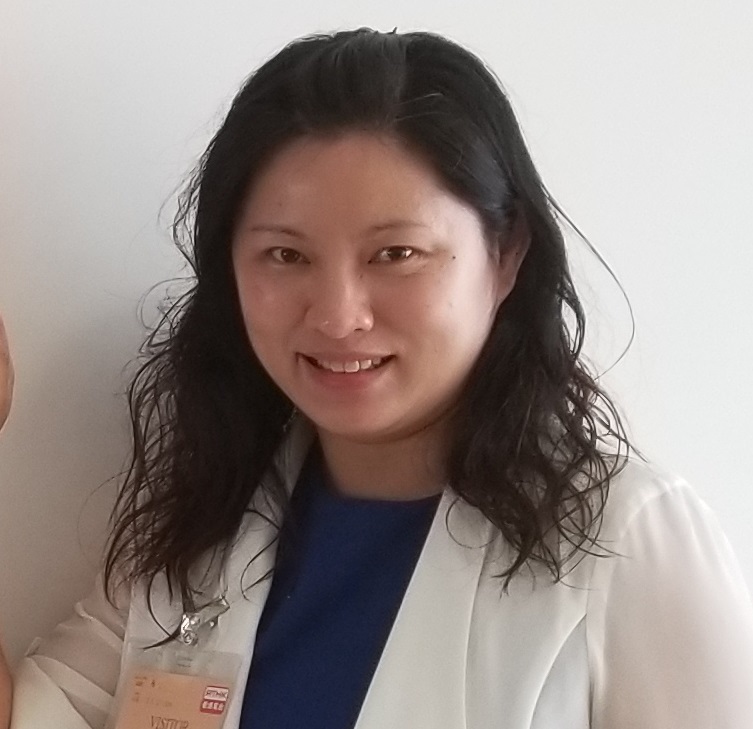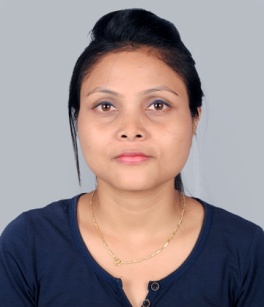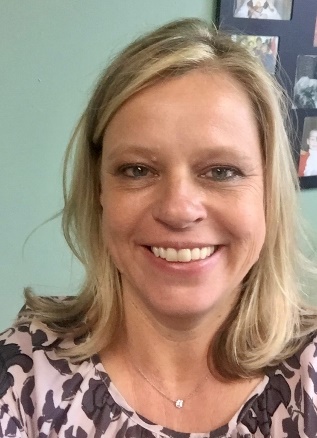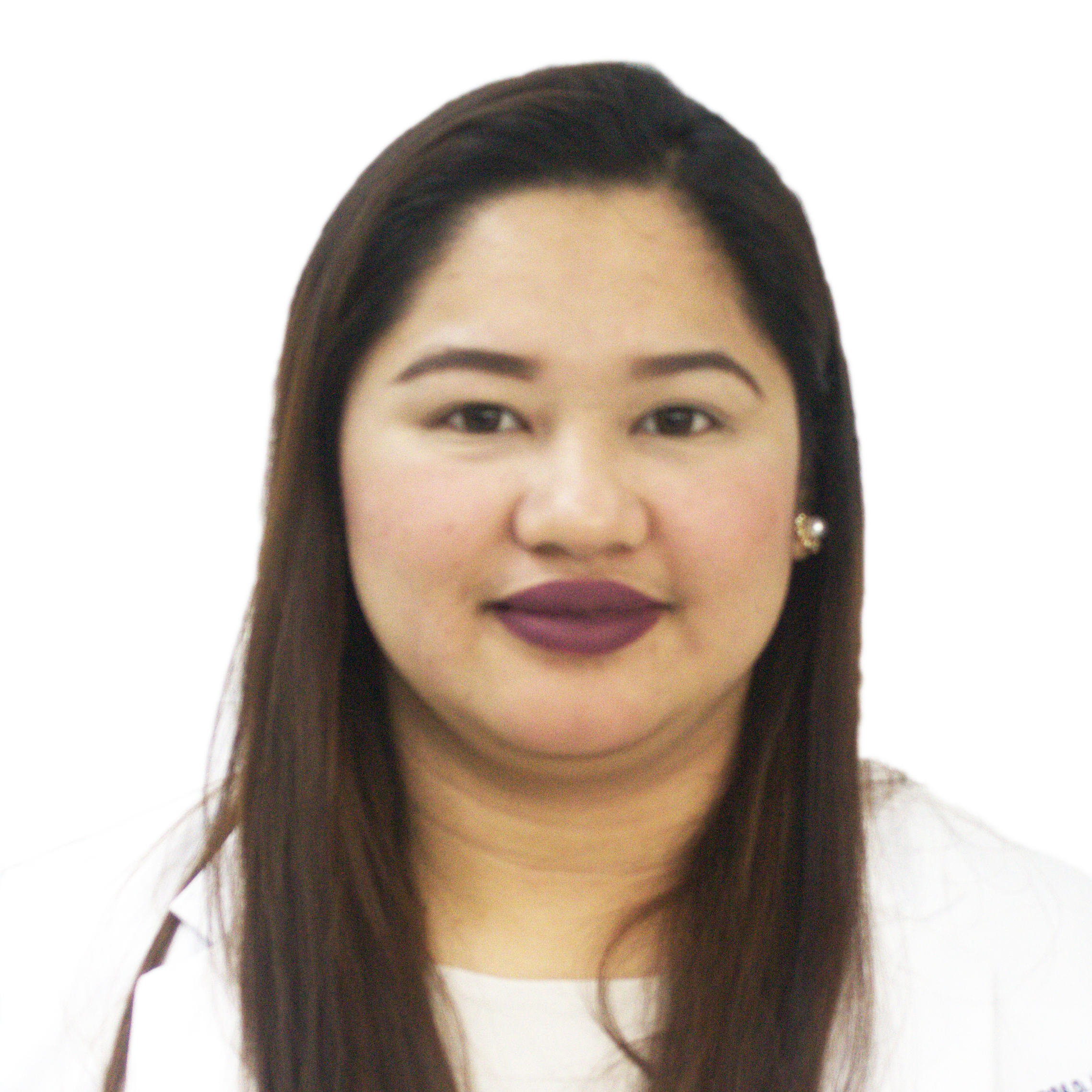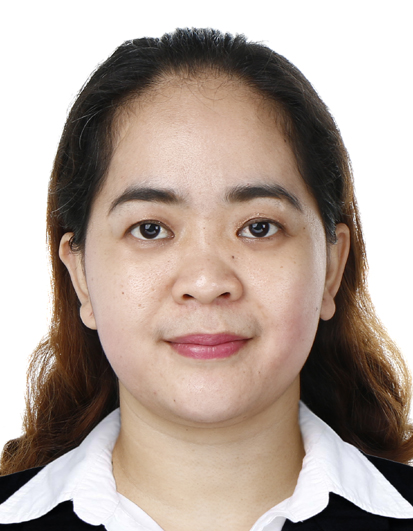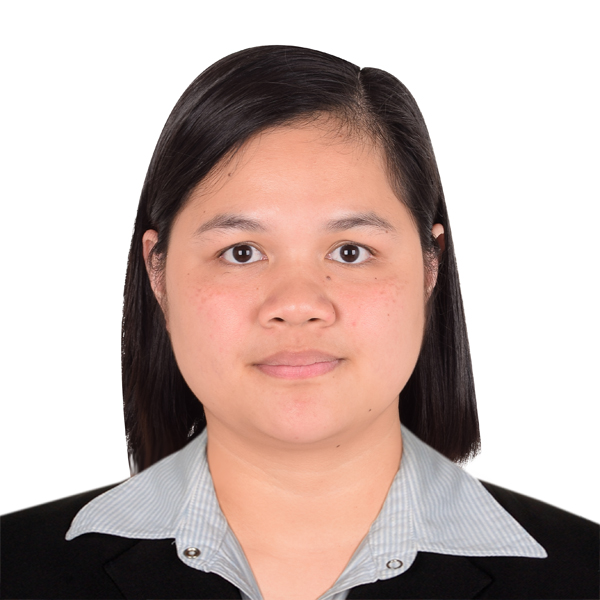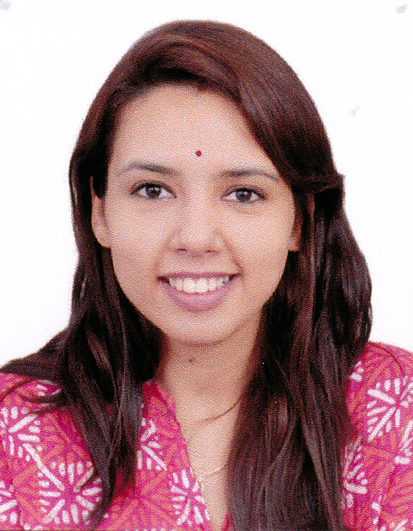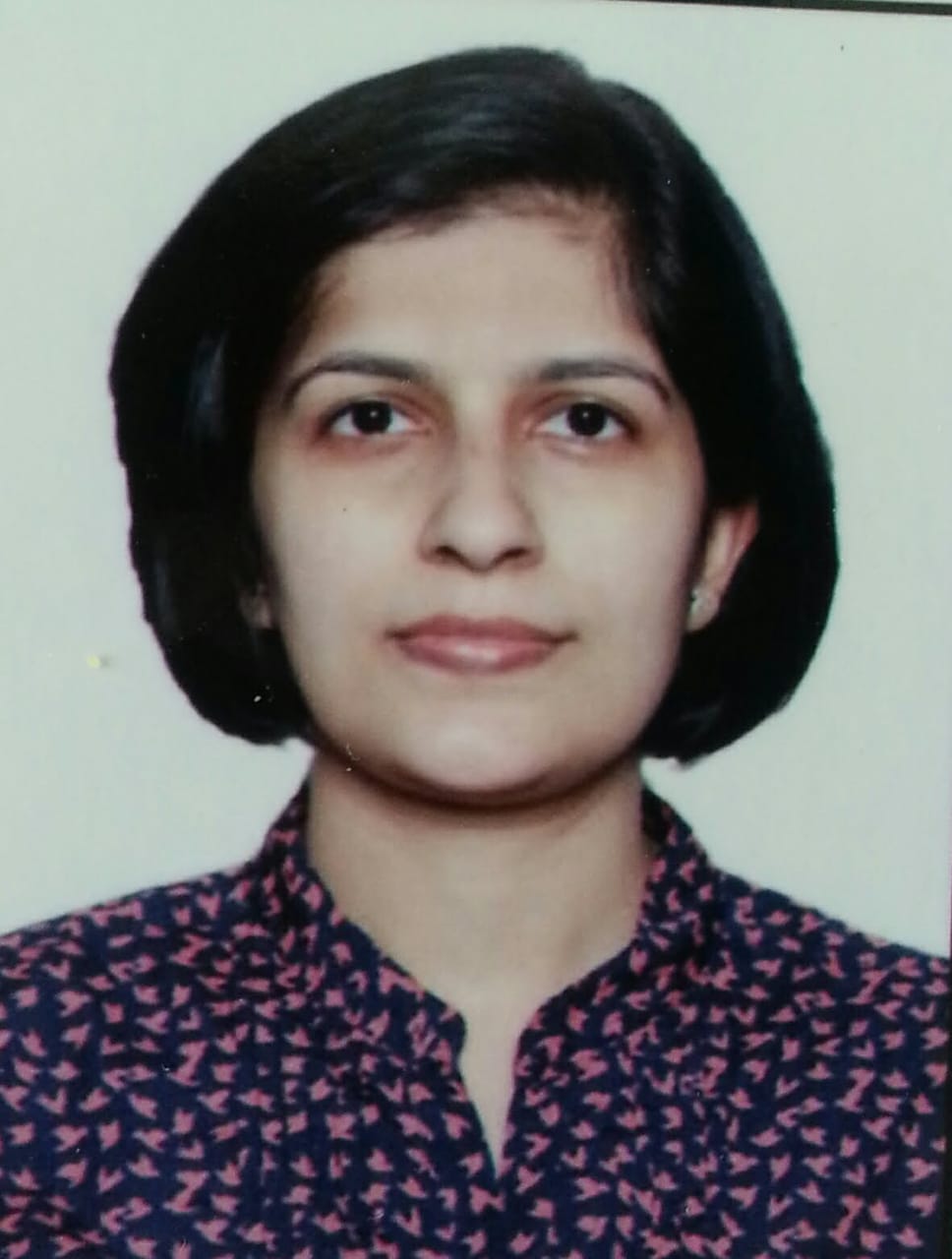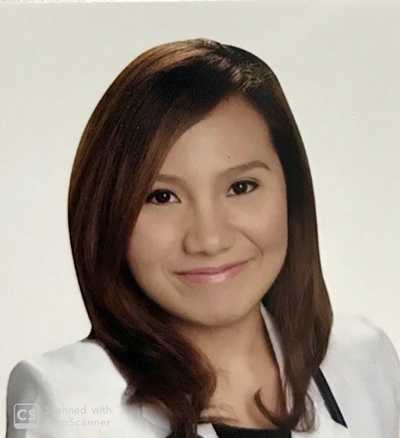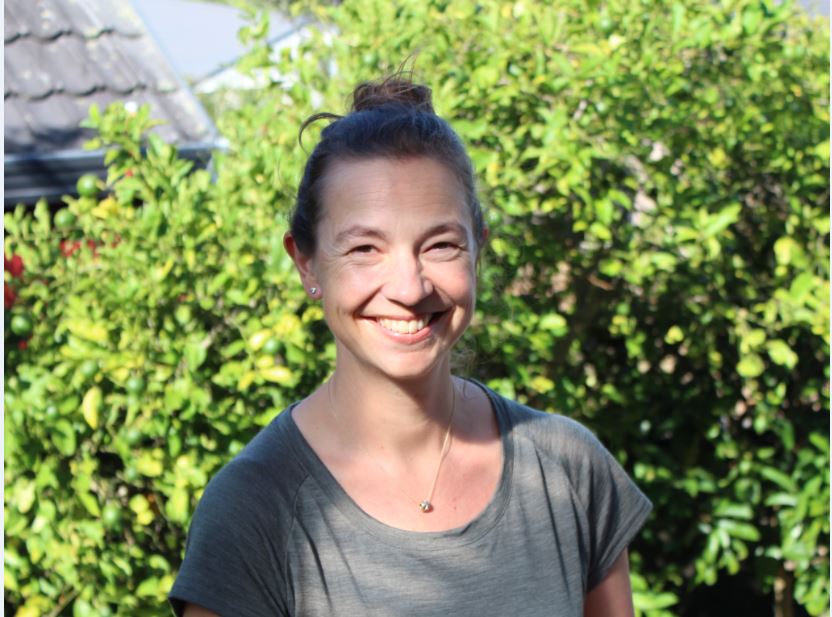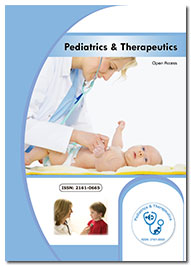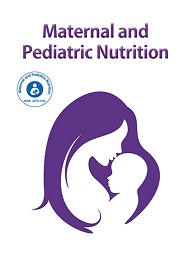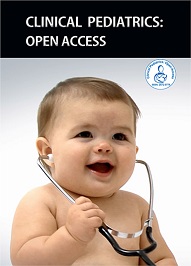Theme: Meeting the Challenges in the field of Pediatrics
Asian Pediatrics 2020
We take the pleasure to invite all the eminent Researchers, Delegates and Students to attend the 13th Asia Pacific Pediatrics Congress which is to be held on November 25-26, 2020 in Singapore.
Asian Pediatrics 2020 will be an innovative and informative International conference reflecting the direction of Pediatrics in the 21st century and offers a wide range of diversions to participants of all backgrounds. This Pediatric conference provides an excellent opportunity to discuss the latest developments within the field.
The conference runs with the theme “Meeting the Challenges in the field of Pediatrics”
Asian Pediatrics 2020 focus on different areas of Pediatrics such as Pediatrics Conferences, Pediatric Dermatology, Pediatric Oncology, Pediatric Gastroenterology, Pediatric Allergy, Pediatric Cardiology, Pediatric Orthodontics, Pediatric Neurology, Pediatric Nephrology, Pediatric Endocrinology, Neonatology and Perinatology, Pediatrics Radiology, Pediatrics Urology, Pediatrics Nutrition, Pediatrics Psychiatry etc. 13th Asia Pacific Pediatrics Congress offers an exclusive opportunity for investigators across the globe to meet, network, and perceive new scientific innovations. This international Pediatric Conference also encourages the active participation of young student researchers as we are hosting Poster Award Competition and Young Research Forum at the conference venue.
Why to attend?
Asian Pediatrics 2020 is an international stage for presenting research about different areas of pediatrics and current technologies used for the betterment of child health.
Key reasons to attend Pediatric Congress:
- Presenting a paper
- Networking for future collaborations
- To expand your knowledge and find solutions to problems
- To present your ideas and work to others
- For people to meet you
- Learn beyond your field or interest
- Publication
- Travelling
Targeted audience:
- Pediatric Researchers
- Pediatricians
- Neonatologists
- Pediatric surgeons
- Pediatric Nurse practitioners
- Pediatric Nurses
- Pediatric Associations and Societies
- Pediatric Faculty
- Nutrition Specialists
- Students
- Entrepreneurs
- Child psychologists
Track 1: General Pediatrics
Pediatrics is the branch of medicine dealing with the wellbeing and health care of infants, children and adolescents from birth up to the age of 18. The purposes of the study of pediatrics is to moderate new-born and infant rate of deaths, regulate the spread of infectious disease, promote healthy lifestyles for a prolonged disease-free life and aid to ease the complications of children and adolescents with chronic conditions. Pediatricians diagnose and treat numerous conditions among children and also involved with the prevention, early detection, and management of problems that occur in children.
Track 2: Neonatology
Neonatology is a branch of medicine concerned with the care, development, and diseases of new-born infants. Sometimes babies are born before their bodies are ready to leave the womb. Important organs such as the heart, lungs, stomach, and skin may not be mature enough to function without special help. Although paediatrician can take care of most medical issues of babies, a Neonatologist is trained particularly to deal with the most complicated and high-risk conditions.
Track 3: Breast Feeding
During the first six months after delivery, the baby is fed only on breast milk, and the baby depends on the mother for all nutrient requirements. Breast milks consist of all the essential nutrients that are not found in any other supplements. Breast feeding is best for the healthy growth and development of growing infants and is has a number of health benefits to both mother and baby.
Track 4: Primary Care Pediatrics
Pediatric essential medicinal services incorporates wellbeing administration and preventive direction; observing physical growth and development; age-appropriate screening; diagnosis and treatment of acute and chronic sicknesses; Management of genuine and life threatening diseases in pediatrics. A primary care doctor is normally the first medical physician reached by a patient on account of reasons, for example, eases of communication, available area, and progressively issues of cost and care requirements.
Track 5: Pediatric Nutrition and Obesity
Nutrition in first 1000 days life is essential for the immune system development and wellbeing of the child. Pediatric obesity is a predominant nutritional disorder in children and adolescents worldwide mainly in developed countries. Childhood obesity leads to many other health problems in children such as type 2 diabetes, hypertension, hyperlipidemia, liver and kidney diseases. There are different factors responsible for the cause of obesity in children such as eating habits, genetics, Hormonal causes, environment, metabolism, and lifestyle.
Track 6: Childhood Cancers
Cancer in children can occur anywhere in the body, including the blood and lymph node system, brain and spinal cord, kidneys, and other organs and tissues. Cancer can be malignant or benign. A malignant cancer tumour will grow in one place and can spreads to other parts of the body. A benign tumor can grow but will not spread to any other parts.
Track 7: Public Health Pediatrics
Public health Pediatrics deals with poverty and child health, early brain and child development, obesity, mental health and local public health initiatives. Ensuring ideal health for children requires a population-based approach and association between pediatrics and public health. The incorporation of clinical practice with public health actions is essential for multiple levels of disease prevention that involve the child, family, and community.
Track 8: Pediatric Infectious diseases
Bacterial, viral, parasitic or fungal infections are all types of infectious diseases that can make children sick. These illnesses need to be treated by specialists who are committed to preventing and treating acute and chronic infectious diseases including HIV and AIDS. Pediatric infectious disease specialists are expertise in the diagnosis and treatment of infectious diseases in children.
Track 9: Pediatric Nursing
Pediatric nurses work with patients from infancy to young adulthood, giving developmental screenings, immunizations, and treating common illnesses like chicken pox and tonsillitis. Pediatric nurses will teach the parents how to prevent childhood diseases, proper nutrition and diet for the growth and development of their child.
Track 10: Pediatric Pharmacology
Pediatric Pharmacology involves the gathering of clinical pharmacology information, such as information regarding the pharmacokinetic and pharmacodynamic properties of a product pertaining to dose selection and individualization. This guidance and approach help in obtaining the considerations for conducting studies so that the accurate dosing and information for drugs and biologic products in pediatric populations can be sufficiently characterized, leading to well-designed trials to evaluate safety and effectiveness. Significant advancements have been made in pediatric therapeutics over the last few years to truly benefit from the pharmacological research efforts and translate them into dosing recommendations that are evaluated in an adequately powered randomized clinical trial manner.
Track 11: Pediatric Cardiology
About one in every 100 children has a heart problem. Many different types of heart problems can affect children. They include congenital heart defects, viral infections that affect the heart, and even heart disease acquired later in childhood due to illnesses or genetic syndromes. The treatment for child’s heart defect will depend on the cause of the problem. Most heart defects resolve by themselves over time, and some can be fixed with medicine.
Track 12: Pediatric Allergy and Immunology
Allergy and asthma is the most common among the health effects that occur in children. Some of the common allergies observed in children are food allergies, hay fever, sneezing, cough, itching, nausea, stomach ache, fatigue, and headache. Allergies can be controlled by medical treatment and through early immunizations. Initial injection of vaccines and continuation up to 3-5 years will help to increase immunity against different allergies in Pediatrics.
Track 13: Pediatric Nephrology
Renal disease is one of the major reasons for mortality. Pediatric patients with renal infection, particularly younger ones may give nonspecific signs and symptoms random to the urinary tract. Paediatric Nephrology specializes in the diagnosis and management of kids with a variety of acute and chronic kidney related diseases.
Track 14: Pediatric Neurology
Inappropriate function of any part of brain will be considered as neurological disorder which leads to developmental problems in children. The symptoms of the neurological disorders may be physical as well as psychological. Such disorders can be evaluated through different diagnostic techniques.
Track 15: Pediatric Endocrinology
The endocrine system in children helps to maintain all metabolic functions of their body and releases hormones which play an important role for their proper growth and development. Pediatric endocrinologists treat children with different hormonal problems such as growth, puberty, diabetes, thyroid, obesity and sexual development. These endocrine disorders and hormonal problems can have significant effects on a child’s physical and emotional well-being.
Track 16: Pediatric Surgery
Pediatric surgery is a subspecialty of surgery including the surgery of fetuses, infants, children, adolescents, and young adults. Some pediatric diseases require surgery such as congenital malformations, abdominal wall defects, chest wall deformities, childhood tumors, Separation of conjoined twins etc.,
Asian Pediatrics 2020 welcomes attendees, presenters, and exhibitors from all over the world to Singapore. We are delighted to invite you all to register and attend for the “13th Asia Pacific Pediatrics Congress (Asian Pediatrics 2020)” which is going to be held in Singapore during November 25-26, 2020.
The organizing committee is gearing up for an exciting and informative conference program including plenary lectures, symposia, workshops on a variety of topics, poster presentations and various programs for participants from all over the world. We invite you to join us at the Asian Pediatrics 2020, where you will be sure to have a meaningful experience with scholars from around the world. All members of the Asian Pediatrics 2020 organizing committee look forward to meeting you in Japan.
For more details please visit: https://pediatrics.pediatricsconferences.com/
Scope and Importance:
All over the world, parents are becoming more conscious about the health of their children. As a result, globally the paediatrics market is growing at a significant pace with companies scrambling to get a significant share of the market.
The Asian market is contributing significantly for the growth of paediatrics market as more than one-third of the global market is accounted by this region. Apart from this, various child healthcare initiatives and policies from International organizations such as UNICEF and WHO has also been playing a significant role in contributing to the growth of paediatrics market.
Pediatric healthcare is dealing with the treatment of child related diseases, their development and care. Children often suffer from respiratory, gastrointestinal and other chronic disease because of lower immunity. The global market for paediatrics is accounted to approximately $83 billion in 2013 and expected to grow at 7.8% CAGR in future. Increase in demand for chronic disease treatment, Diarrhoea and injury related disease is more common in children; however, these diseases vary from short term to long-term treatments that consume a lot time and exert financial pressures on the parents. Changes in child care trend increases the prevalence rate of pediatric diseases. This report provides detail information about current scenario of pediatric treatment and expected growth in it. The market’s significant rise through 2019 can be attributed to the industry becoming more familiar with designing and implementing trials in the pediatric population.
ConferenceSeries Ltd Cordially invites clinical Pediatricians, Neonatologists, Physicians, Pediatric surgeons and other health-care professionals, researchers, scientists, registered nurses, nurse practitioners, nurse midwives, physician assistants, educators, pharmacists, and students working in the field across the globe to participate in the Conference on Pediatrics, where all the recent advancement and researches in the field of Pediatrics will be discussed under a single roof. Asian Pediatrics 2020 will be an excellent amalgamation of academia and industry as it involves every aspects of empirical and conceptual thinking in exploring new dimensions in this field. It is open to all types of research methodologies both from academia and industry.
Asian Pediatrics 2020 is an international platform for presenting research about Pediatrics and related topics, exchanging ideas about it and thus, contributes in dissemination of knowledge in management of the disease for the benefit of the society.
Why Singapore?
Singapore, an island city-state off southern Malaysia, is a global financial center with a tropical climate and multicultural population. The population follows multicultural management. It is a global financial center, the place where the market value has proved high in the shopping paradise and also in the activities like dining and entertainment. Tourism forms a large part of the economy, with over 15 million tourists visiting the city-state in 2014. To expand the sector, casinos were legalised in 2005, but only two licenses for "Integrated Resorts" were issued, to control money laundering and addiction. Singapore also promotes itself as a medical tourism hub: about 200,000 foreigners seek medical care there each year. Singapore medical services aim to serve at least one million foreign patients annually and generate USD 3 billion in revenue. In 2015, Lonely Planet and The New York Times listed Singapore as their top and 6th best world destination to visit respectively. Tourists from different areas visit Singapore to have a great time at this place, it has numerous tourism places. Official languages of Singapore are English, Malay, Mandarin and Tamil. It has ranked highly in education, healthcare, employment sector. The Port of Singapore became one of the world's busiest ports and the service and tourism industries also grew immensely during this period. Singapore emerged as an important transportation hub and a major tourist destination.
Global Pediatric Societies:
American Pediatric Society
Paediatric Societies Congress
Japan Pediatric Society
Canadian Paediatric Society
Philippine Pediatric Society
Pediatric Infectious diseases Society
Southern Society for Pediatric Research
Brooklyn pediatric society
North American Society for Pediatric Gastroenterology, Hepatology and Nutrition.
Pediatric Endocrine Society
Pediatric Trauma Society
Italian Society of Pediatric, Italy
International society of Pediatric Dermatology
Asia Pacific Paediatric Endocrine Society
Major Pediatric Associations:
American Academy of Pediatrics
American Academy of Paediatric Dentistry
American Pediatric Surgical Association
European paediatric association
International association of Pediatrics
Indian Academy of Pediatrics
Pediatric Associates of Savannah, Georgia
Childrens Leukemia Research Association
Conference Highlights
- General Pediatrics
- Neonatology
- Breast Feeding
- Primary Care Pediatrics
- Public Health Pediatrics
- Childhood Cancers
- Pediatric Infectious diseases
- Pediatric Nursing
- Pediatric Nephrology
- Pediatric Cardiology
- Pediatric Surgery
- Pediatric Allergy and Immunology
- Pediatric Endocrinology
- Pediatric Neurology
- Pediatric Pharmacology
- Pediatric Nutrition and Obesity
To share your views and research, please click here to register for the Conference.
To Collaborate Scientific Professionals around the World
| Conference Date | November 25-26, 2020 | ||
| Sponsors & Exhibitors |
|
||
| Speaker Opportunity Closed | |||
| Poster Opportunity Closed | Click Here to View | ||
Useful Links
Special Issues
All accepted abstracts will be published in respective Our International Journals.
Abstracts will be provided with Digital Object Identifier by




